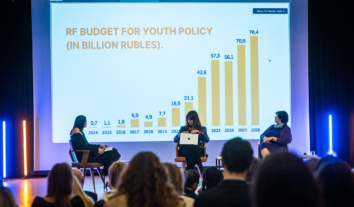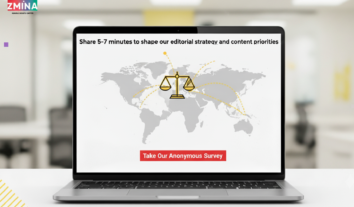Parliament blocking best amendments to law on access to public information
The amendments, elaborated to improve the Law of Ukraine “On Access to Public Information”, is being blocked by the Verkhovna Rada.
Lesia Hanzha, the journalist and editor of the Access to Truth website, said this in a commentary to Hromadske Radio.
“As soon as the bill No. 2913 was submitted to the Parliament, it was divided into two parts. The part that strengthens the powers of the Office of Ukrainian Parliament Commissioner for Human Rights was sent to the legislative committee. It is being considered very difficult in parts. The bill was approved by the committee for freedom of speech in June last year, but then it was returned due to non-compliance with the constitutional principle of confidentiality of information,” Lesia Hanzha said and added that Ombudsperson Valeria Lutkovska believed that this discrepancy was nullified by the law on protection of personal data.
According to the journalist, the committee for legal policy and justice, headed by Ruslan Kniazevych, insists on non-compliance with the constitutional principle of confidentiality of information.
The bill No. 2043 allows the Office of the Commissioner to send administrative protocols to violators of the law on access to public information by mail.
“Previously, an administrative protocol required signature of an offender. The document enables the Office workers to work without waiting for an offender to sign the administrative protocol,” the journalist said.
As Lesia Hanzha noted, the bill No. 2913 should eliminate a number of technical shortcomings.
“Article 1 of the law determines what public information is. This is information which was created by disposer during his/her direct activities and/or is in the possession of disposer. Some lawyers say: ‘Well, it stipulates that information is created and is in possession. But, here, the information is at our disposal, but we have not created it. Therefore, we will not give it to you’,” the editor of the Access to Truth website said.
“A lot of our public utility companies consider that they are not disposers of public information despite there is clarification on the matter by the main supervisory body – the Parliament Commissioner for Human Rights. The public utility companies believe that disposers of public information are only subjects of power. It is necessary to go to court to achieve information from them,” she added.
Earlier it was reported that the working group did not include the right to access to public information to the wording of the Fundamental Law while elaborating of the constitutional amendments.











